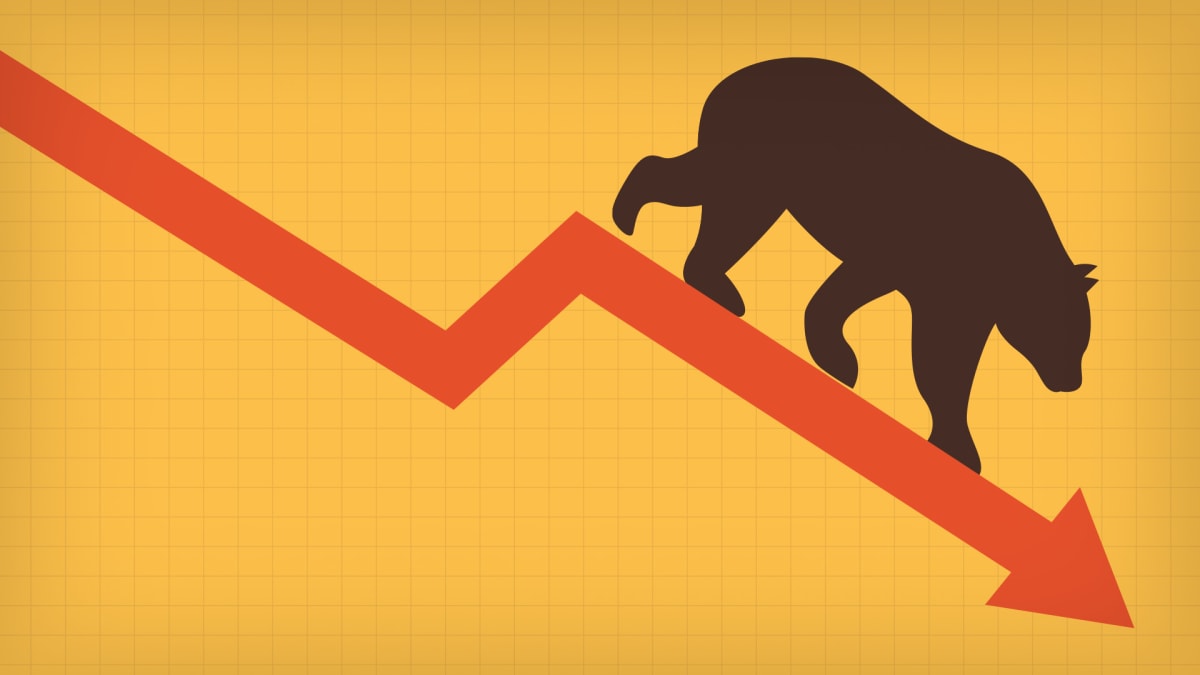
Renowned market bear Jeremy Grantham, long-term investment strategist at money manager GMO, hasn’t changed his stripes.
“The first and easiest leg of the bursting of the bubble is complete,” he wrote in a commentary.
“The most speculative growth stocks that led the market on the way up have been crushed, and a large chunk of the total losses across markets that we expected to see have already occurred.”
Now the forecasting gets a little trickier, Grantham said. “While the most extreme froth has been wiped off the market, valuations are still nowhere near their long-term averages,” he said.
The trailing S&P 500 price-earnings ratio recently stood at 20.84, compared to an average of 15.99 going back to the 19th century.
And in the past, P-E ratios “overcorrected to below trend as fundamentals deteriorated,” Grantham said.
“Such an outcome still remains highly likely. But given the complexities of an ever-changing world, investors should have far less certainty about the timing and extent of the next leg down from here.”
Bear Market May Get Delayed
Factors that could cause a pause or delay in the bear market include subsiding inflation, continuing strength in the jobs market, and the reopening of the Chinese economy, Grantham said.
“How significantly corporate fundamentals deteriorate will mean everything during the next 12 to 18 months,” he said. Grantham predicts the S&P 500 will end the year around 3,200, down 20% from the recent level of 4,017.
As for the long term, “issues of declining population, raw materials shortages, and rising damage from climate change are beginning to bite hard into growth prospects,” Grantham said.
“The resource and geopolitical shocks of last year will only exacerbate those issues. And over the next few years, given the change in the interest rate environment, the possibility of a downturn in global property markets poses frightening risks to the economy.”
Housing More Vulnerable Than Stocks?
Comparing the housing market to the stock market, Grantham said, “the bursting of the global housing bubble, which is only just beginning, is likely to have a more painful economic knock-on effect than the decline in equities is having.”
That’s because “extreme bubble pricing in stocks has been confined to the U.S. only.”
The end of covid stimulus will put a dent in the economy, he said. That stimulus led to a large pool of savings that buoyed the economy. “This excess savings balance has been slowly drawn down over the course of 2022, and less than half now remains,” Grantham said.
“Once it runs out, by some estimates around mid-year, this particular support for the economy will be gone.”
So what’s a long-term investor to do? “Stocks related to addressing the problems of climate change and the increasing pressure on many raw materials have a substantial advantage,” Grantham said. The world’s governments and corporations are beginning to accept the urgency of these problems, he noted.



.jpg?w=600)



